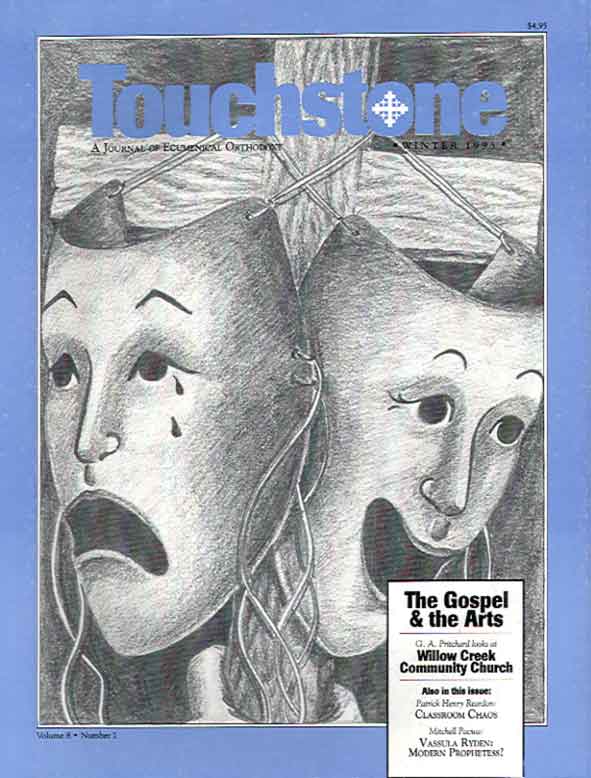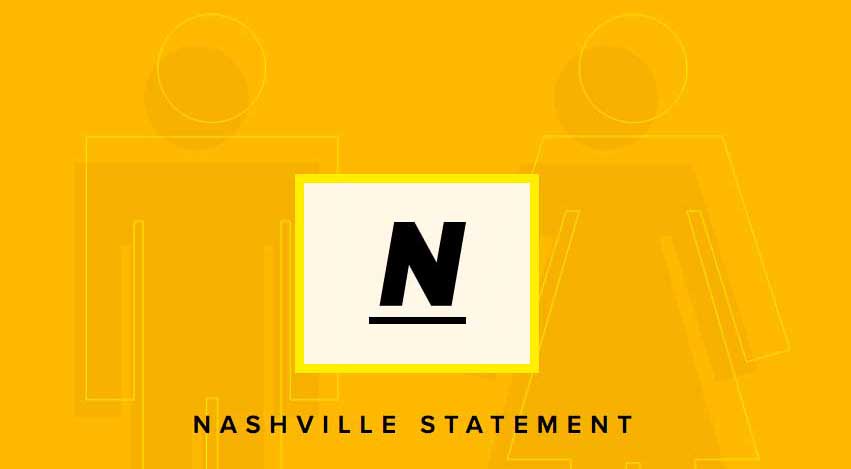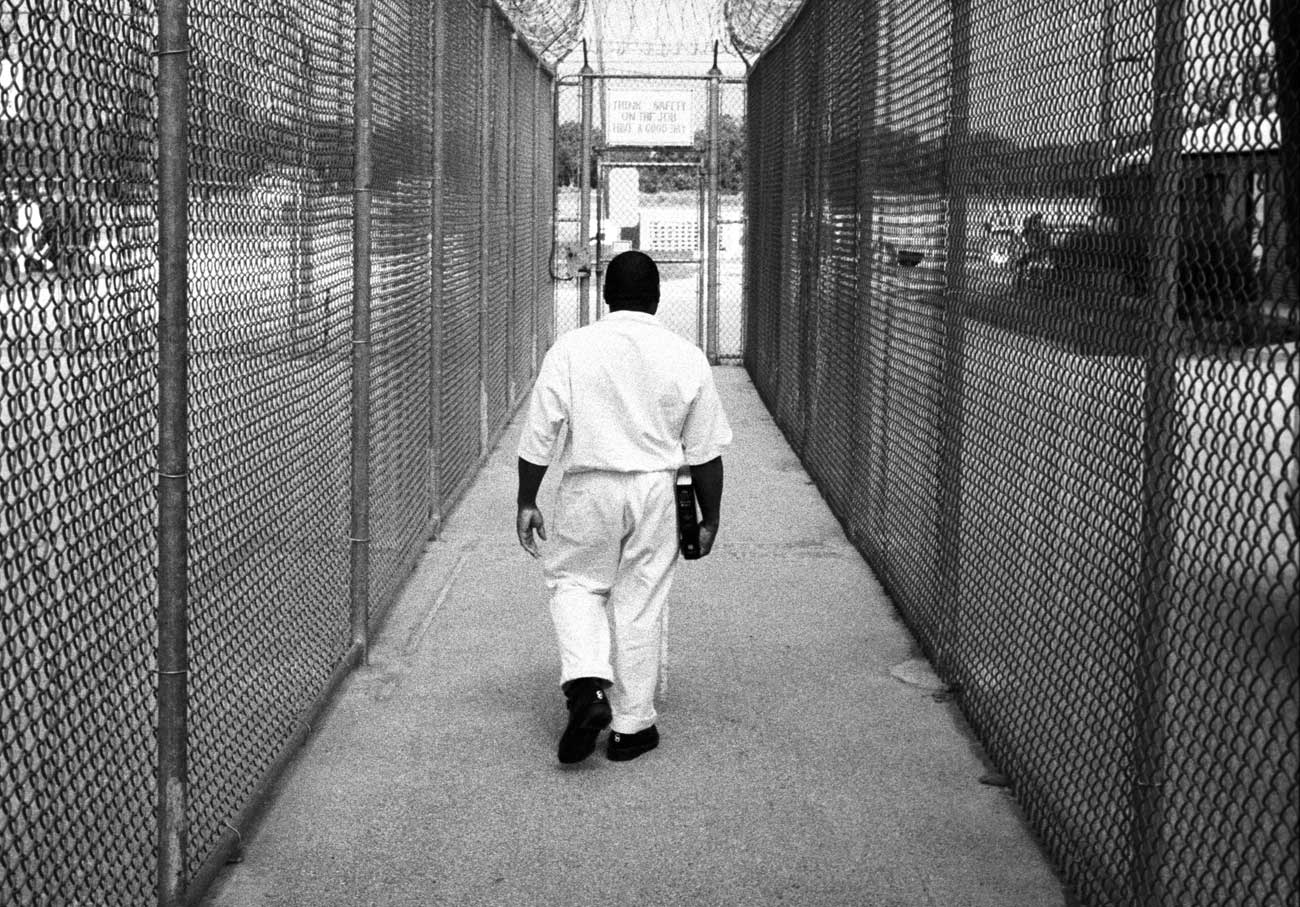Classroom Chaos
Atheism & the Public Schools
by Patrick Henry Reardon
Over the past couple of decades many Christians in this country, feeling a great deal of frustration with our public education, have attempted to deal with the problem in various ways. Some have assumed the enormous task of educating their children at home (cf. Leon Podles, “No Place Like Home,” Touchstone, Vol. 7.4, Fall 1994, pp. 8–13), while others, as though shaking the very dust from their feet, have taken the more public stand of establishing independent Christian schools, following a long tradition of Roman Catholics and certain Lutherans.
The frustration that Christians feel about our public schools is certainly understandable. Not only does the steady annual decline in SAT scores show that these schools are largely failing in their task of education, but a large body of sociological data indicates that they have become spawning beds of violent and other undesirable behavior. The full significance of these phenomena hits us when we ponder that 90 percent of American students are enrolled in these schools. Indeed, it appears to some of us that, were there afoot an actual conspiracy involving the American Federation of Teachers, the National Education Association, the American Civil Liberties Union, the Surgeon General, and the Supreme Court to sabotage the education, moral well-being and physical safety of American children, the results would be close to what we have now.
Even without a conspiracy theory (to which I do not subscribe), it is difficult to avoid the impression that our public schools have been turning large numbers of kids into barbarians and atheists. Leaving aside barbarism, which experience suggests that children can generally manage on their own, something really does need to be said about the privileged place of atheism in the public school systems of this country. Unlike barbarism, atheism does not come naturally. It must be taught, and right now it is certainly being taught.
Three established policies in particular combine to give substance to my contention that atheism is now the dominant ideology in our public schools: the emphasis on evolution in science classes, the departure from the ethical perspectives of the Bible, and the prohibition of public prayer. I propose to comment briefly on each of these policies and on some of the corresponding reforms suggested by Christians in response to them.
Cosmic Chaos
First, there is evolution. Teaching philosophy in a local college over the past several years, I’ve discovered that many of my students are, from an early age, spoon-fed a theory according to which the universe and everything in it resulted from a series of accidents occurring over “millions of years.” (They employ this last expression, by the way, as though it actually corresponded to some real concept of which their heads were in firm and serene possession. Like too many of their teachers, you see, college kids nowadays succumb on occasion to a sort of Nominalism, in the sense that they do not always distinguish sharply between the exercise of the mind and the running of the mouth.) They have sometimes been brainwashed with this theory, accepting it with a mindless faith beyond any that a religious institution would dare require of its members.
These young people have been brought to imagine that, while the evidence of intricate design in eyeglasses and hearing aids, for example, is a sound premise for concluding that these things were fashioned with intelligence and on purpose, no similar argument can be reasonably advanced about the formation of eyes and ears. Such a fancy is so radically at variance with “the instinct for probabilities that we call common sense” (Chesterton) that the participle “brainwashed” is almost too weak to describe its victims. Discussing evolution with me, one of my students confidently affirmed that a group of monkeys, were they left with a typewriter long enough, would eventually reconstruct the entire Bible by pure chance. When I simply replied “No, they wouldn’t,” I rejoiced to detect in his eyes the sudden dawning of a new day.
Often, however, when I draw attention to the a priori implausibility of claiming that the myriad complex systems of the universe are the result of accident (appealing to St. Thomas’s fifth proof), my students sometimes react in disbelief at my daring, as though I had trespassed, still shod, the vicinity of some burning bush. No one seems ever to have suggested to them that the considerable evidence for evolution, both cosmic and biological, is quite compatible with the presumption of teleology, and therefore with the existence of the wise Creator.
There is, moreover, an obvious epistemological difficulty in holding to random evolution. Even the ancient atomist Democritus realized that if the whole universe is haphazard, so are all processes of human thought taking placewithin it, a conclusion that inevitably introduces solipsism and the impossibility of communication. That line of non-thought was long ago laid to rest by Socrates when he gently dismembered poor Gorgias.
Patrick Henry Reardon is pastor emeritus of All Saints Antiochian Orthodox Church in Chicago, Illinois, and the author of numerous books, including, most recently, Out of Step with God: Orthodox Christian Reflections on the Book of Numbers (Ancient Faith Publishing, 2019).
subscription options
Order
Print/Online Subscription

Get six issues (one year) of Touchstone PLUS full online access including pdf downloads for only $39.95. That's only $3.34 per month!
Order
Online Only
Subscription

Get a one-year full-access subscription to the Touchstone online archives for only $19.95. That's only $1.66 per month!
bulk subscriptions
Order Touchstone subscriptions in bulk and save $10 per sub! Each subscription includes 6 issues of Touchstone plus full online access to touchstonemag.com—including archives, videos, and pdf downloads of recent issues for only $29.95 each! Great for churches or study groups.
Transactions will be processed on a secure server.
more from the online archives

15.6—July/August 2002
Things Hidden Since the Beginning of the World
The Shape of Divine Providence & Human History by James Hitchcock
calling all readers
Please Donate
"There are magazines worth reading but few worth saving . . . Touchstone is just such a magazine."
—Alice von Hildebrand
"Here we do not concede one square millimeter of territory to falsehood, folly, contemporary sentimentality, or fashion. We speak the truth, and let God be our judge. . . . Touchstone is the one committedly Christian conservative journal."
—Anthony Esolen, Touchstone senior editor








